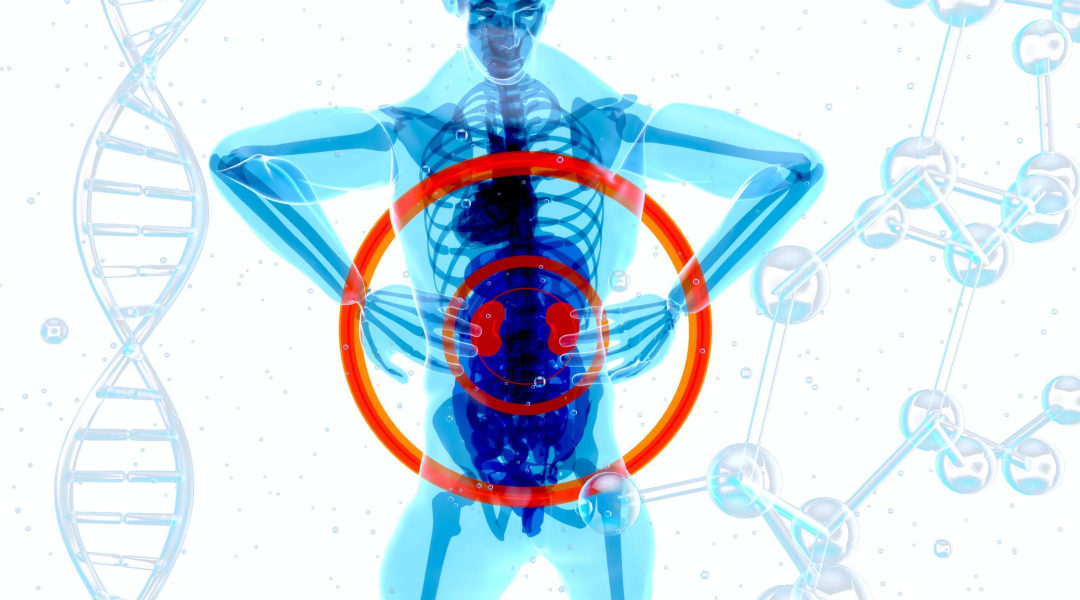With approximately 37 million Americans, which is more than one in seven adults, suffering the effects of long-term chronic kidney disease, researchers have turned their attention to the role played by the Klotho protein in chronic kidney disease. Over the past two decades, increasing evidence suggests that the protein can act as an early barometer of potential chronic kidney problems. While there is no cure at present for chronic kidney disease, unlocking the role of Klotho in the progression of the disease promises potential relief for those suffering the early stages of the disease.
The Scourge of Chronic Kidney Disease
Chronic kidney disease is a scourge for those suffering from the condition, and the long-term effect of this disease on the kidneys and other major organs, which in turn leads to all manner of extra complications. Increased evidence suggests that Klotho plays a critical role in the health of the kidneys. The latest study links these factors to probable outcomes when it comes to the body’s inflammation response, vascular calcification, and renal fibrosis in cases of chronic kidney disease. Research has identified Klotho as residing primarily within the renal tubules. As such, Klotho markers indicating that the gene is deficient in the patient’s urine are highly suggestive of a close correlation that demands to be further studied.
Chronic kidney disease shows a marked progression as evinced by the loss of renal cells within the kidney. Renal injury is the result of an inflammatory cascade effect that prompts an immune response that is known to cause interstitial fibrosis. Laboratory researchers note that Klotho not only serves as an excellent biomarker to gauge the likelihood of such a condition developing, but it also points to positive developments suggesting that the gene can also be used to help rectify the condition.
Concluding Thoughts on the Relationship Between Klotho and Chronic Kidney Disease
What began as the search for everlasting youth, indeed the Klotho gene has been identified as a pillar of the anti-aging efforts of mankind has become a search for the components that lead our bodies to rapidly age as we get older. Identifying the Klotho gene as a critical component of kidney and cardiovascular health begins to put a face to the dream.

